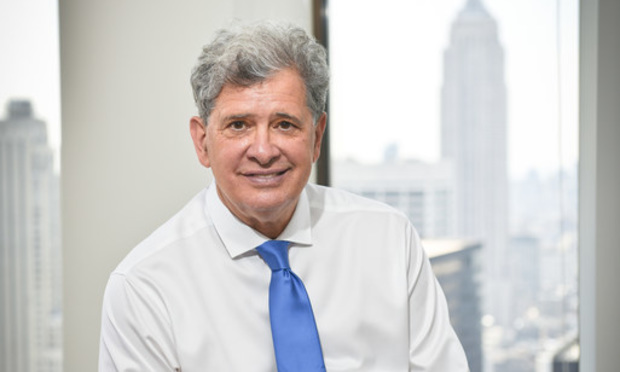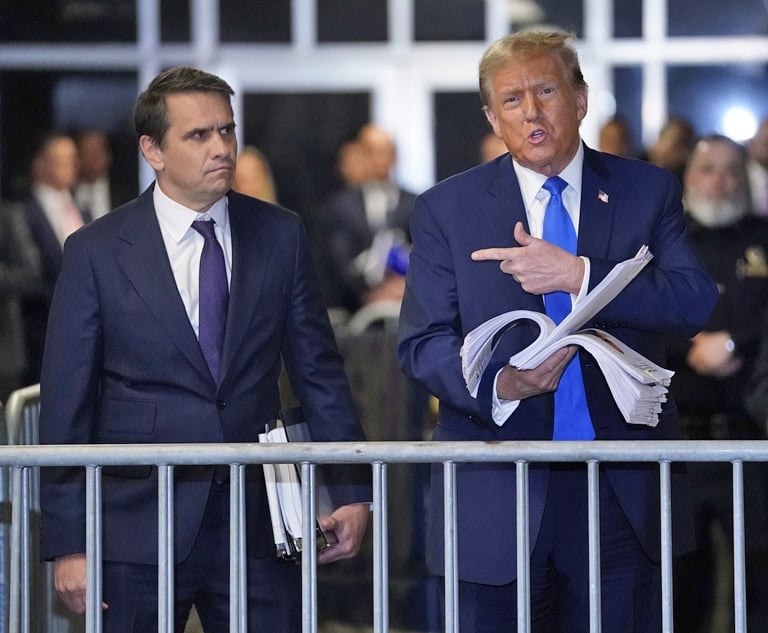On June 26, 2019, the U.S. Supreme Court decided United States v. Haymond, which addresses the applicability of the Sixth Amendment’s jury trial right in supervised release revocation proceedings. United States v. Haymond, 139 S. Ct. 2369 (2010). Writing for the plurality, Justice Neil Gorsuch begins his opinion in Haymond with these lofty words: “Only a jury acting on proof beyond a reasonable doubt may take a person’s liberty.” The problem with those words is that they are obviously untrue. Judges incarcerate defendants for failing to abide by conditions of bail without impaneling juries. Indeed, they regularly detain defendants as flight risks or dangers to the community after judicial factfinding on proof less than beyond a reasonable doubt. Similarly, judges incarcerate probationers for probation violations without juries. And parole authorities return parolees to prison for parole violations without juries. If a law student wrote on a criminal procedure exam what Justice Gorsuch wrote at the outset of Haymond, she would fail.
To state the obvious, Haymond deserves a close look.
* * *


 Paul Shechtman
Paul Shechtman




